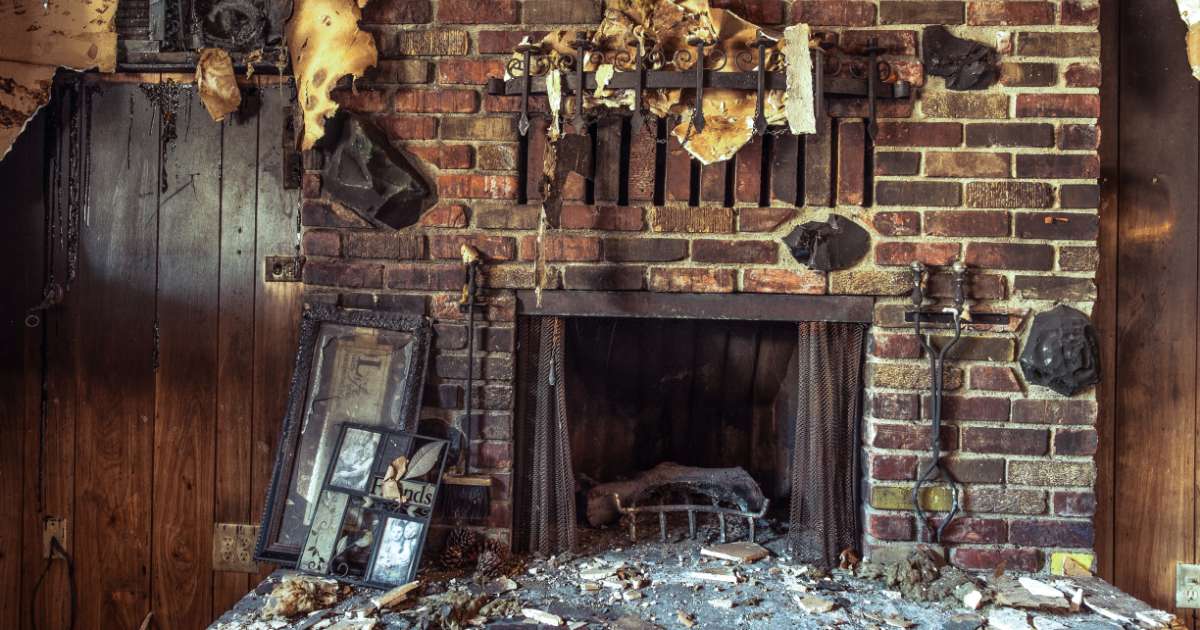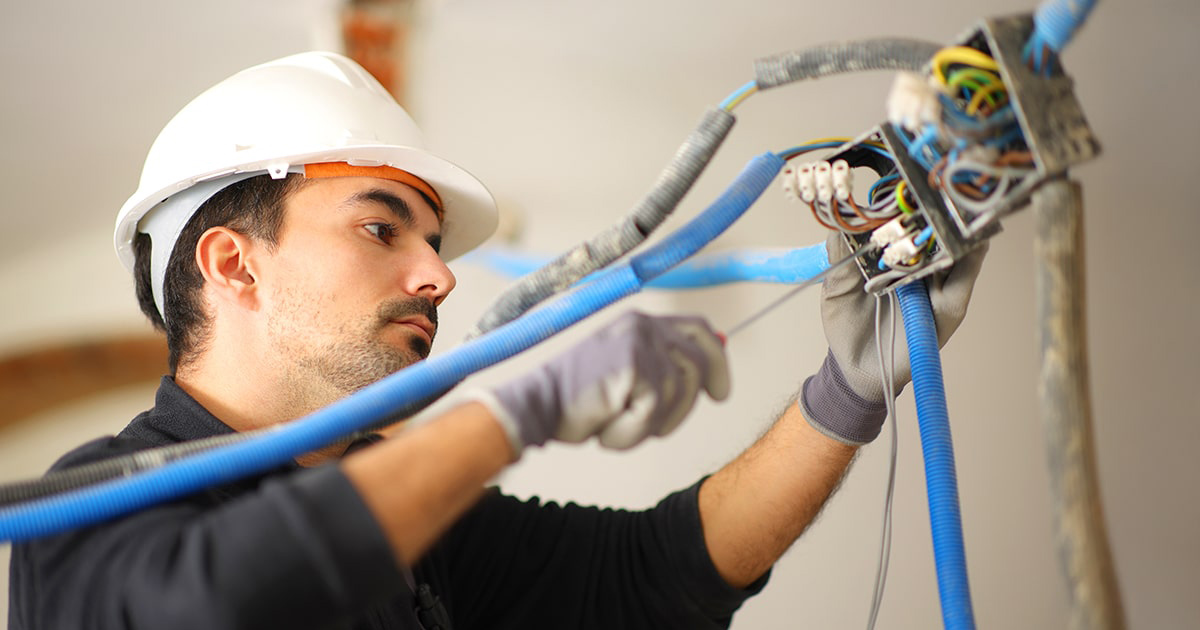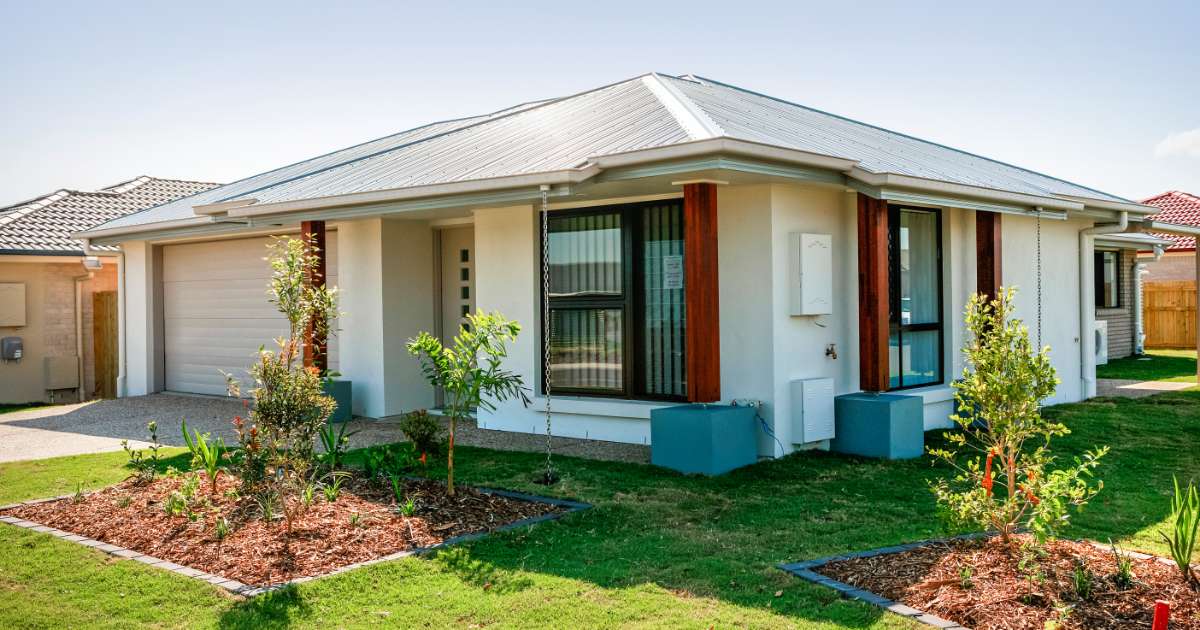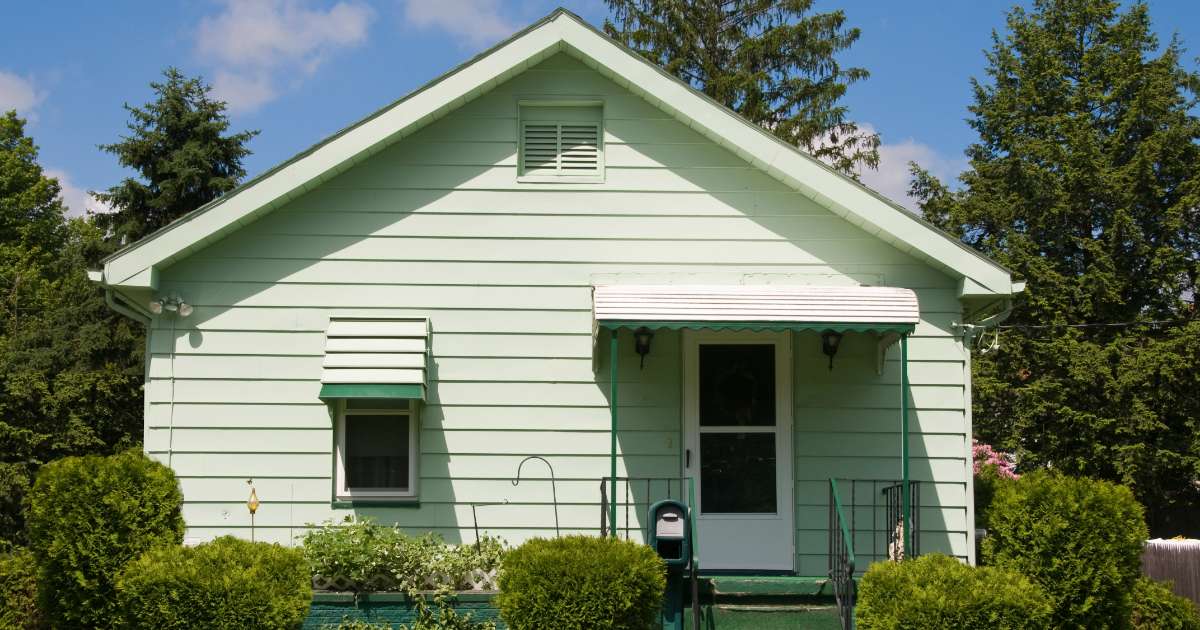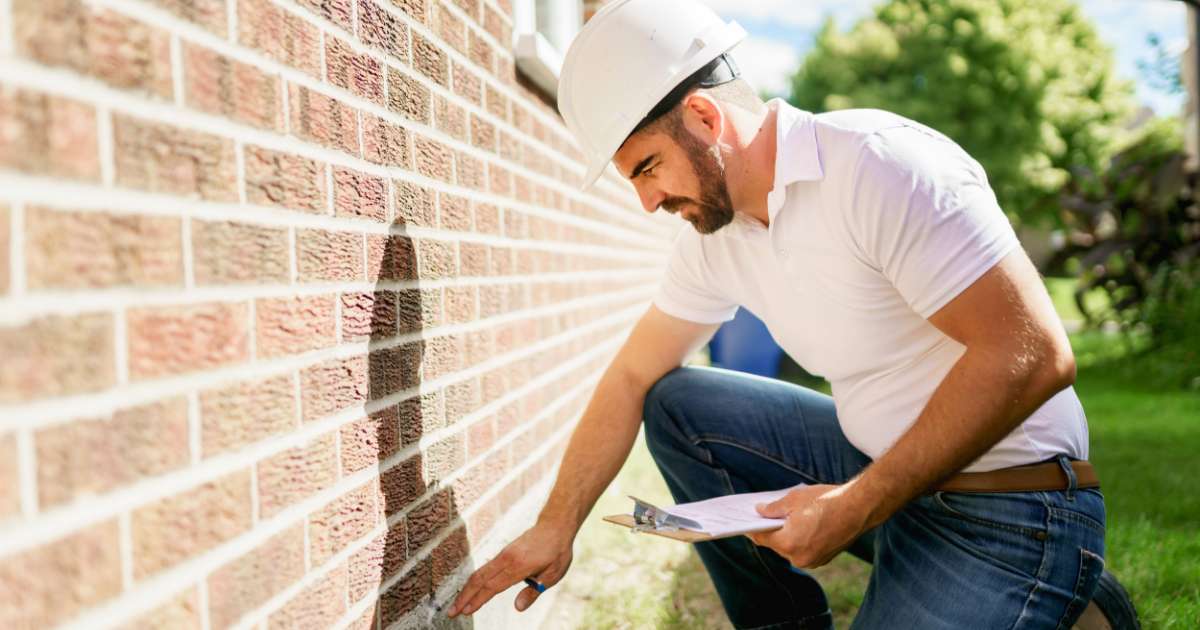What exactly is a code violation?
Code violations happen when construction doesn't follow the rules set by organizations like the International Code Council (ICC), the local government, city, or even a homeowners association. These rules are called building codes.
The ICC creates a standard set of residential building codes called the International Residential Code (IRC). This covers the basics for building homes and housing. But individual countries, states, cities, and more can then add their own extra rules and regulations on top of the IRC codes.
A code violation means that the construction didn't meet either the base IRC codes set by the ICC, or the additional local codes set by the authorities in that specific area. It's basically breaking the customized building rulebook for that location.
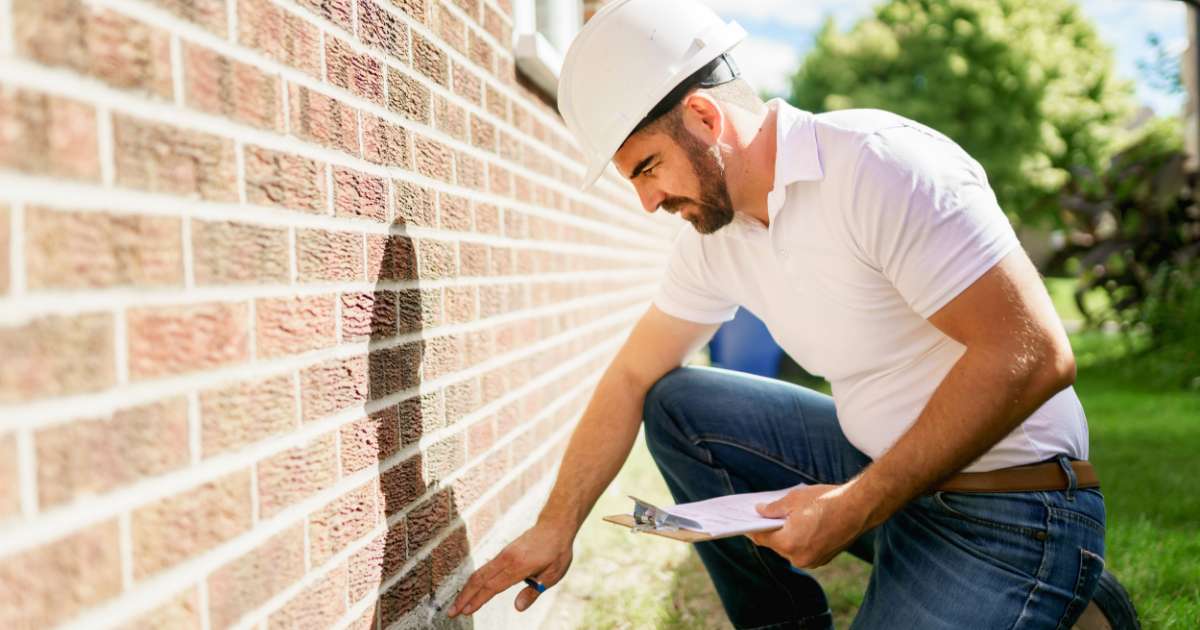
Common housing code violations
Residential housing codes are always evolving to follow the latest safety information. These changes to code compliance requirements can be difficult for homeowners to figure out and keep up with when they want to renovate or sell their houses.
Some examples of building codes are the National Electrical Code, the Uniform Plumbing Code, and the International Swimming Pool and Spa Code. Dallas has amendments to these codes as well as to the International Fire Code, International Building Code, International Mechanical Code, and others. These can be found on the Dallas City Hall website, along with contact info to get answers to all kinds of building code questions.
The City of Dallas website also has a list of the top ten code violations in Dallas, including high grass/weeds, litter and bulky trash, obstructions to throughways like the sidewalk or street, and inoperable vehicles.
Here are some other common code compliance violations to keep an eye out for:
- Unpermitted renovations and additions. If you’ve ever decided to DIY something in your house, like adding on rooms or remodeling your kitchen, you might have unknowingly caused a code violation if you didn’t get the correct permits before doing the work. You can get a retroactive permit, but you’ll have to pay fees and penalties.
- Damage to the house’s structure. Building codes don’t allow for structural damage like holes in the walls, floor, or ceiling; a leaking roof; damaged beams or supports; and decayed wood.
- Inadequate drainage. This can lead to foundation movement and damage to structures. If you notice water pooling on your property and not draining quickly, it could be a sign that you have drainage issues.
- Improper window installation. Windows are often not installed according to code or manufacturer instructions.
- Electrical code violations. This can include outdated or damaged wiring, faulty or missing circuit breakers, overloaded electrical panels, and overcrowded wires, among other issues.
- Smoke detectors. According to Texas fire code, single-family homes must have working smoke detectors. The number you need and where they have to be placed can vary based on your location, but a home inspection should turn up any issues.
- Handrails without returns. Do the handrails on your stairs curve toward the wall at either end? If not, clothing could catch on them, and this may be a safety code violation.
- Improper bathroom venting. The exhaust air from bathrooms has to vent to the outside, not back into the house or into another unit in a multi-family building. This is to prevent mold, mildew, and wood rot from the moisture in the air.
- Missing or faulty deck flashing. A horizontal piece of wood called a ledger board secures an attached deck to the outside wall. By closing the gap between the ledger board and your house, deck flashing keeps water and moisture out of the house and is important for preventing water damage, mold growth, and wood rot.
- No egress window in basement bedroom. If you have a bedroom in the basement, it needs to have a window that leads to the outside in case of emergency.
- Polybutylene piping. This older type of piping can break and leak, causing water damage and mold growth.
If you’re planning to have any work done on your house, you can apply for a building permit yourself, or your building contractor can do it for you. All of the relevant residential forms and applications can be found online. You can apply for a permit after work has already been completed, but if the work is found to have code violations, it will need to either be fixed or be disclosed to a potential buyer.
Selling a house with code compliance violations
Residential code violations can become a roadblock to selling your house for several reasons. A conventional lender may require a home inspection before approving the buyer’s mortgage loan. If the home inspection turns up code violations, the loan may not be granted. Similarly, a buyer will usually not be able to get an FHA loan for a house that has code violations like a converted garage without a permit, or outdated or damaged electrical panels.
In Texas, you have to disclose any code compliance violations to potential home buyers in a form called a seller’s disclosure. This means it’s a good idea to get a home inspection as part of the pre-sale process so that you can get an idea of which violations your house has, which ones you want to fix, and which ones you want to disclose.
Options for dealing with code violations
When you sell your house, you have several options if your home has code violations. You can fix them, offer credits to buyers, lower the price, or sell your house “as is” to an off-market home buyer.
If you choose to fix the violations, you’ll need to consider the upfront costs. Some violations can be very expensive and time-consuming to fix, but here are some that can be easier and more affordable:
- Removing trash and other debris from the property
- Mowing high grass or weeds
- Painting over graffiti that’s visible from public places or other private properties
- Installing or moving a smoke detector
- Repainting the outside of a house that has peeling paint
On the other hand, if you don’t want to fix some or all of the issues, you’re legally required to tell the buyer about any code violations. If needed to close the sale, you can offer the buyer money that they can later put toward repairs or renovations, or you can pay for things like closing costs to offset what they’ll have to pay to fix the violations. You can also lower your asking price.
Advice and tips
Here are a few quick tips for selling your house with code violations:
- If you’re not sure about which violations to leave and which ones to fix, consult with a qualified real estate agent who knows the local market and the ins and outs of mortgage loans.
- Certain code violations may be “grandfathered in” if they weren’t in violation of any codes at the time of construction, meaning that you don’t need to disclose them to possible buyers. Regardless, you should tell the buyer about any potential safety issues. Honesty is the best policy when it comes to disclosing code violations.
- Fixing safety-related housing code violations may be a great way to open up your pool of buyers to include those who are worried about possible safety issues.
- When in doubt about whether something is a code violation or not, you can contact Dallas City Hall to get answers to all kinds of building code questions.
You can sell your Dallas house with code violations to an off-market home buyer.
Another option if you don’t want to fix the violations is to sell your house “as is” to an off-market home buyer. With this type of sale, the buyer will make an offer for your house—violations and all. The price offered will be lower than you may be able to get on the open market, but you also won’t need to spend money upfront on fixing the violations.
We Buy Ugly Houses® in Dallas buys houses with code violations. We don’t charge commissions or hidden fees, we pay for typical closing costs, and we can even take care of any items you want to leave behind in the house. Our offers are usually below market value in exchange for speed and convenience. Our 3-step home-buying process puts you in the driver’s seat by keeping you fully informed along the way and doing our best to close on your timeline.
- Make an appointment. A We Buy Ugly Houses property buyer will visit your house for a consultation. Our buyers live and work locally, so they know the area and the market.
- Receive an offer. You can get a quick, convenient offer, sometimes on the same day as your appointment. Talk it over with someone you trust, and let us know if you accept.
- Close fast. Choose when you’d like to close the sale, and we’ll do everything we can to make it happen. Above all, we want you to feel confident and happy about your home sale.
This blog is for informational purposes only and should not be considered legal advice.

